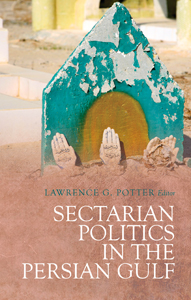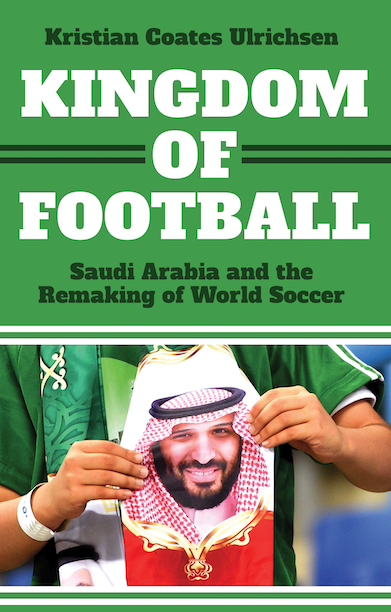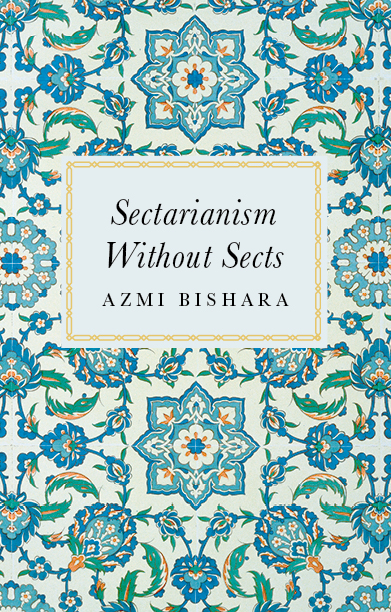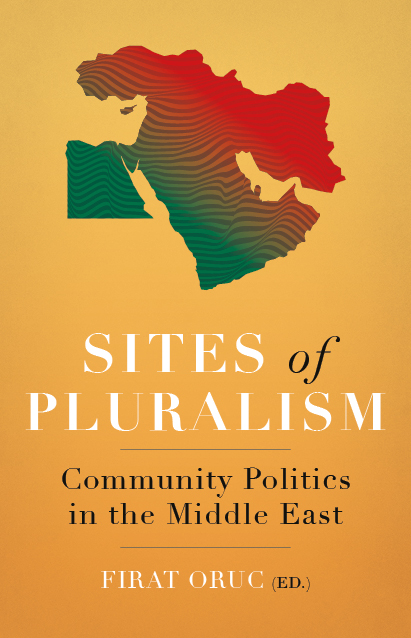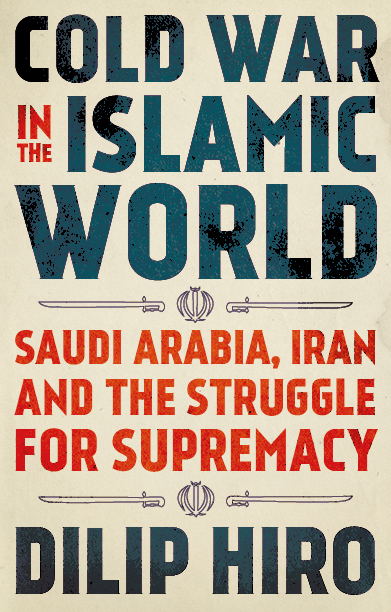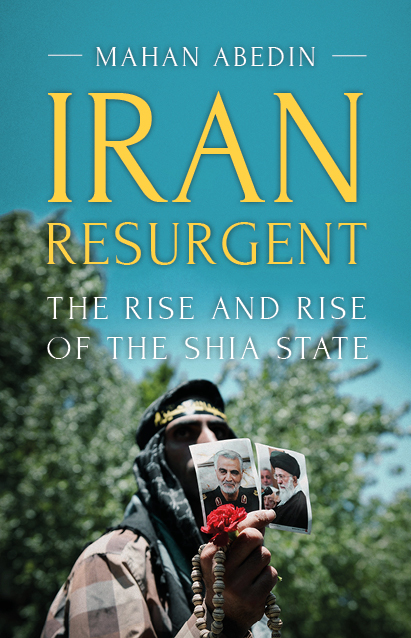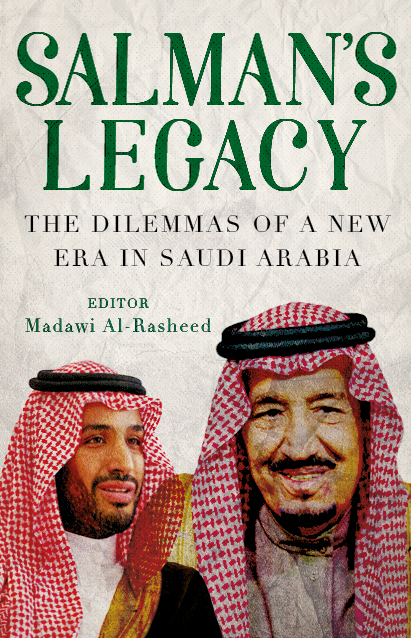Sectarian Politics in the Persian Gulf
Part of the Georgetown University, Center for International and Regional Studies, School of Foreign Service in Qatar series‘[A] masterfully produced collection of richly researched essays on one of the Middle East’s hottest topics.’ — Christopher Davidson
‘A timely contribution to understanding sectarianism on both sides of the Persian Gulf. The contributors are well-established historians and social scientists who offer nuanced interpretations of a malaise, at once contemporary and ancient, which threatens to redraw the region’s political map.’ — Madawi Al-Rasheed, Visiting Professor at the Middle East Centre, London School of Economics and Political Science
Description
Long a taboo topic, as well as one that has alarmed outside powers, sectarian conflict in the Middle East is on the rise. The contributors to this book examine sectarian politics in the Persian Gulf, including the GCC states, Yemen, Iran and Iraq, and consider the origins and consequences of sectarianism broadly construed, as it affects ethnic, tribal and religious groups. They also present a theoretical and comparative framework for understanding sectarianism, as well as country-specific chapters based on recent research in the area. Key issues that are scrutinised include the nature of sectarianism, how identity moves from a passive to an active state, and the mechanisms that trigger conflict. The strategies of governments such as rentier economies and the ‘invention’ of partisan national histories that encourage or manage sectarian differences are also highlighted, as is the role of outside powers in fostering sectarian strife. The volume also seeks to clarify whether movements such as the Islamic revival or the Arab Spring obscure the continued salience of religious and ethnic cleavages.
Table of contents
Introduction — Lawrence G. Potter
1. Understanding Sectarianism in the Persian Gulf — Justin J. Gengler
2. Sectarian Relations and Sunni Identity in Post-Civil War Iraq — Fanar Haddad
3. The State and Sectarian Identities in the Persian Gulf Monarchies: Bahrain, Saudi Arabia, and Kuwait in Comparative Perspective — Laurence Louër
4. Royal Factions, Ruling Strategies, and Sectarianism in Bahrain — Kristin Smith Diwan
5. Identity Politics and Nation-Building under Sultan Qaboos — Marc Valeri
6. Yemen: Sectarianism and the Politics of Regime Survival — Khaled Fattah
7. The Baluch Presence in the Persian Gulf — J.E. Peterson
8. Iran’s Ethnic, Religious, and Tribal Minorities— Lois Beck
Reviews
‘This is a masterfully produced collection of richly researched essays on one of the Middle East’s hottest topics. With the sectarian card now played, even in the richest of oil monarchies, has Pandora’s Box been opened up?’ — Christopher Davidson, author of After the Sheikhs: The Coming Collapse of the Gulf Monarchies
‘A timely contribution to understanding sectarianism on both sides of the Persian Gulf. The contributors are well-established historians and social scientists who offer nuanced interpretations of a malaise, at once contemporary and ancient, which threatens to redraw the region’s political map. The result is an erudite exploration of the meaning of sectarianism in the context of old nations, and in newly forged ones — weaving local political contexts with transnational connections and outside interventions — which all seem to have escalated sectarian divides against a background of negotiated and fluid identities. The book paints a compelling picture of past and present coexistence and conflict.’ — Madawi Al-Rasheed, Visiting Professor at the Middle East Centre, London School of Economics and Political Science
‘This superb collection of essays breaks new ground in the study of the politics of sectarian identity in the Gulf. Integrating country case-studies with wider regional developments, the authors analyse the roots of — and the upsurge in — ethnic and sectarian conflict across the region. This book should be required reading for students and practitioners looking to understand the forces reshaping much of the Middle East and framing recent policy responses to the Arab Spring.’ — Kristian Coates-Ulrichsen, author of Insecure Gulf: The End of Certainty and the Transition to the Post-Oil Era
‘Anyone looking for an incisive, original and superb treatise on sectarian politics in the Persian Gulf should look no further and order a copy of this book. It offers absorbing and thoughtful analysis on what is increasingly a critical issue in the dynamics of contemporary politics in the Middle East. This is an essential and truly excellent book.’ — Steven Wright, Associate Professor of International Relations and Gulf Studies, Qatar University
Editor(s)
Lawrence G. Potter is Adjunct Associate Professor of International Affairs at Columbia University and Deputy Director of the Gulf/2000 Project. He holds a PhD in History and has edited six volumes on the Persian Gulf.
